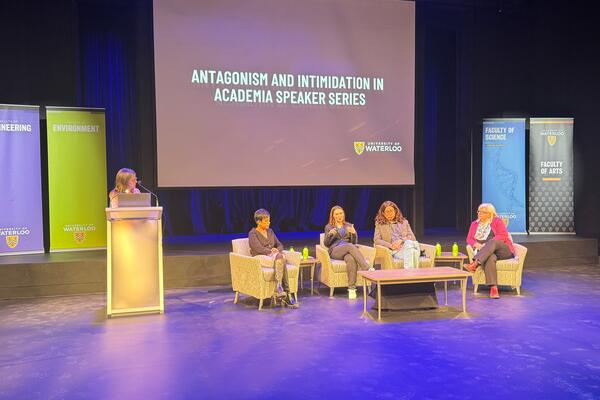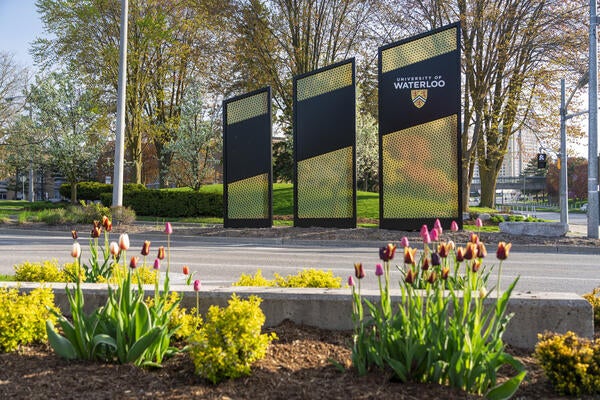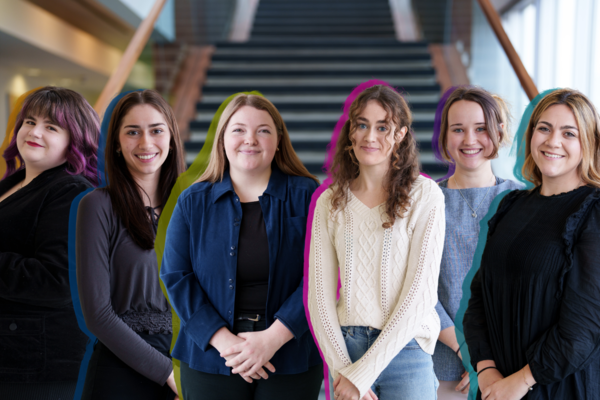A researcher at the University of Waterloo examines some of the latest groundbreaking technologies as an investigative scientist for the second season of Stephen Hawking's Brave New World, premiering on Discovery World this Friday.
Professor Chris Eliasmith, jointly appointed to the engineering and arts faculties at Waterloo, is among five international experts selected for the six-part series. They travel the world to highlight revolutionary scientific projects that will change our future.
His team at Waterloo built Spaun, the world's largest simulated model of the human brain. In this series, Professor Eliasmith investigates an innovative technology for each episode, including a breakthrough in virtual reality, a cutting-edge helicopter that flies without a pilot, and a new adhesive fabric inspired by a gecko's sticky feet.
"There are many different kinds of expertise that go into the development of any of these technologies," said Professor Eliasmith. "A lot of the projects are highly interdisciplinary, much like my own research. I was surprised to find that my work had something in common with each technology I featured for the program."
Stephen Hawking's Brave New World will air weekly on Discovery World beginning on Friday, November 15 at 8 p.m. ET/10 p.m. PT.
Professor Eliasmith is the director of the Centre for Theoretical Neuroscience at Waterloo. He is Canada Research Chair in Theoretical Neuroscience, and a professor in Waterloo's Department of Philosophy and Department of Systems Design Engineering, and cross-appointed to the David R. Cheriton School of Computer Science.
For more information on the series, please visit http://www.discoveryworld.ca.








